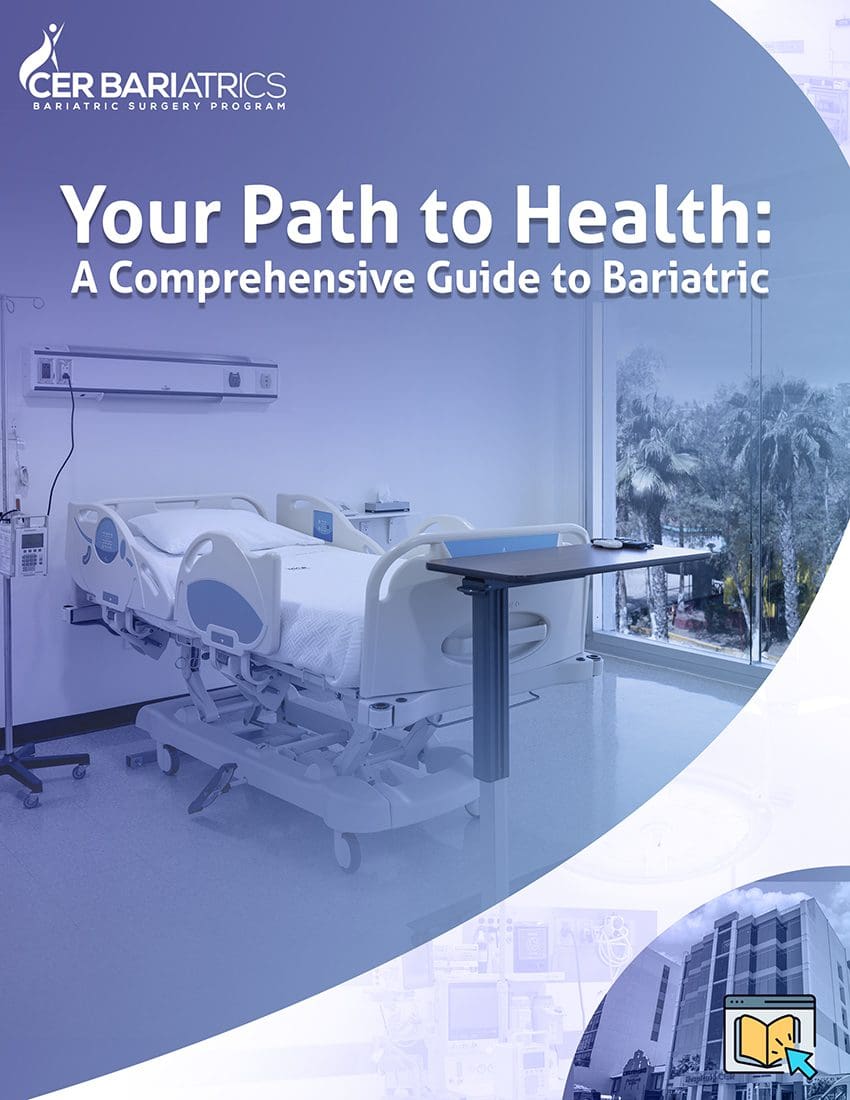Common Bariatric Procedures for Medical Tourism
By understanding these common bariatric procedures, medical tourists can make informed decisions about their weight loss journey and select the procedure that best aligns with their health goals and lifestyle.
Gastric Bypass (Roux-en-Y)
Gastric bypass, also known as Roux-en-Y gastric bypass, is a common bariatric surgery. During the procedure, a small stomach pouch is created and connected directly to the small intestine, bypassing a large part of the stomach and upper small intestine. This reduces stomach capacity and changes the digestive process, leading to reduced food intake and nutrient absorption.
Benefits: Gastric bypass can lead to significant weight loss and improvement in obesity-related conditions such as type 2 diabetes, hypertension, and sleep apnea. It is known for its long-term effectiveness in achieving and maintaining weight loss.
Considerations: The surgery requires a more extended recovery period and carries a higher risk of complications than other procedures. Patients need to adhere to a strict postoperative diet and nutritional regimen.
Sleeve Gastrectomy
What is it? Sleeve gastrectomy is a procedure that involves removing a large portion of the stomach to create a smaller, sleeve-shaped stomach. This helps reduce the stomach’s capacity and restrict food intake, leading to significant weight loss for patients.
Benefits: Sleeve gastrectomy is a less invasive option than gastric bypass and usually requires a shorter recovery time. It often leads to rapid weight loss and improvement in associated health conditions.
Important factors: Because the stomach is permanently changed, patients must commit to lifelong dietary adjustments and supplementation to ensure proper nutrition. While generally safe, this procedure may not be as effective for patients with severe obesity as gastric bypass.
Adjustable Gastric Band (Lap-Band)
Overview: The lap band, a type of adjustable gastric band, involves placing a silicone band around the upper part of the stomach to create a smaller pouch. This band can be adjusted to control the size of the stomach opening, which helps limit food intake and promote weight loss.
Advantages: The procedure is minimally invasive and can be adjusted to suit individual needs. It also has a shorter recovery time and is reversible if needed.
Considerations: Weight loss with the gastric band may be slower than other procedures. Some patients may experience complications such as band slippage or erosion, requiring regular follow-up and adjustments.
Biliopancreatic Diversion with Duodenal Switch (BPD/DS)
Surgery Description: The biliopancreatic diversion with duodenal switch is a weight loss procedure that combines elements of gastric bypass and sleeve gastrectomy. It involves removing a part of the stomach and bypassing a significant section of the small intestine to limit nutrient absorption.
Benefits: This surgery is highly effective for achieving significant weight loss and improving obesity-related conditions. It offers substantial long-term results for patients with severe obesity.
Considerations: BPD/DS is more complex and carries a higher risk of nutritional deficiencies due to the extensive bypass of the small intestine. Patients require regular follow-ups and must follow a strict nutritional plan.
Choosing Facilities with Multilingual Staff:
To overcome language barriers, choose a clinic or hospital with multilingual staff or translation services. Many facilities in Tijuana cater to international patients and have staff who speak English and other languages. Ensuring clear communication with the medical team can prevent misunderstandings and address your questions and concerns.
Pre-Surgery Consultations:
Before you travel for medical treatment, it’s important to have in-depth discussions with your medical team. Video calls or phone conversations are ideal for this. Make sure you can communicate comfortably in your preferred language to ensure clear understanding and proper preparation.
Written Instructions and Resources:
Patients should ask for instructions and educational materials in their preferred language. These resources can include guidance for care before and after surgery, advice on diet, and emergency contact information. Having these materials in a language you understand will help you better understand verbal instructions and give you a reference for aftercare.
Feeling stuck?
- Check Your Bariatric Surgery Eligibility Now!
Ready for a Healthier You? Review Your Bariatric Surgery Case Today!
Take the first step towards a healthier, happier you by reviewing your bariatric surgery case. Fill out our quick and easy Surgical Eligibility Form to see if you’re a candidate for life-changing weight loss surgery. Your journey to better health starts here!
Related Post
Learn how to kickstart your weight loss journey












